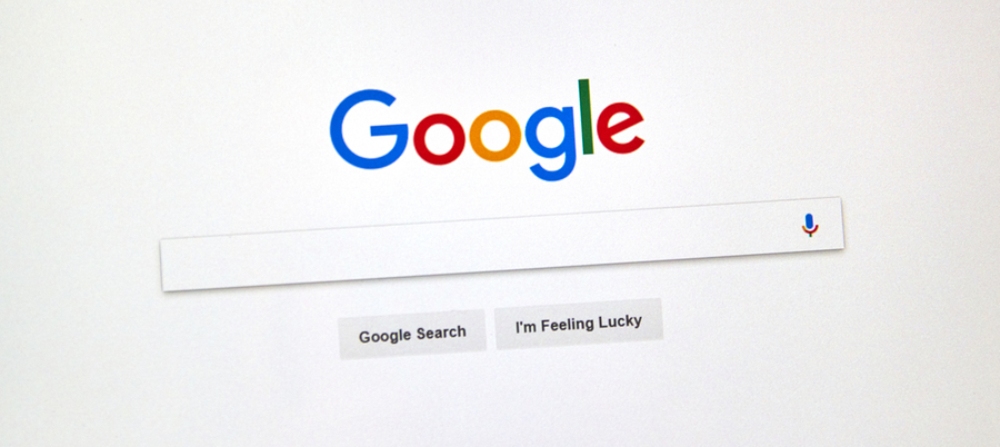Google's GDPR Work with Others is Challenging
September 12, 2018

By Paula Bernier, Executive Editor, TMC

Europe’s new General Data Protection Regulation is challenging for a single company to address. But GDPR compliance becomes even more complicated when multiple companies are involved. And when it comes to the disaggregated world of advertising and publishing – which includes a broad ecosystem of different partners – that’s often the case.
The good news is that the advertising and publishing industries understand that, and they’re working to address it. Google (News - Alert) and IAB Europe have been on the forefront of such work. However, aligning the varying interests of Google, IAB, ad agencies, and publishers has at times been difficult.
In fact, earlier this month Digiday reported that “Google is still at odds over industry GDPR standards.”
First, here’s a bit of background.
IAB Europe is a European online advertising association. One of its missions is to help member companies and the digital advertising industry interpret and comply with the EU’s GDPR rules.
So IAB Europe formed the GDPR Implementation Group. And in April of this year, IAB Europe and advertisers and publishers established the GDPR Transparency & Consent Framework.
The framework aims to help organizations in the digital advertising supply chain comply with GDPR and the EU’s ePrivacy Directive “when processing personal data or accessing and/or storing information on a user’s device, such as cookies, advertising identifiers, device identifiers and other tracking technologies,” IAB Europe explains. “The framework is particularly relevant for ‘first-parties’, such as publishers and other suppliers of online services, who work with ‘third-parties’ for data-driven service,” IAB Europe explains.
First-parties can use the framework to enable third-parties to process user data on one of the legal bases of the regulation. It also standardizes the presentation to users’ third-party data processing requests that require informed consent for data processing. Plus it signals user choice to advertising supply chain members.
Google has been working with IAB Europe over the past couple months to make sure its advertising solutions are interoperable with the framework. And, to put it delicately, that’s been something of a process.
Many other advertising and publishing companies with which Google needs to work apparently want full control of how partners can use data coming from their sites. If they don’t, they risk GDPR non compliance.
Also, Google initially wanted to cap the number it worked with on its content management GDPR consent tool to a dozen vendors. But in June the tech giant backed off on that demand, which Ad Age reported was a “monster win for ad-tech companies.”
The story explained that CMP is critical software in helping websites with GDPR compliance. “It solicits visitors’ consent for various companies’ use of their data to improve site performance and personalize advertising,” Ad Age noted. “Publishers work with anywhere from two dozen vendors to hundreds of them. But publishers that used Google’s CMP, called Funding Choices, were capped at working with just 12 vendors.”
Edited by Maurice Nagle
 Internet Telephony Magazine
Click here to read latest issue
Internet Telephony Magazine
Click here to read latest issue CUSTOMER
CUSTOMER  Cloud Computing Magazine
Click here to read latest issue
Cloud Computing Magazine
Click here to read latest issue IoT EVOLUTION MAGAZINE
IoT EVOLUTION MAGAZINE




